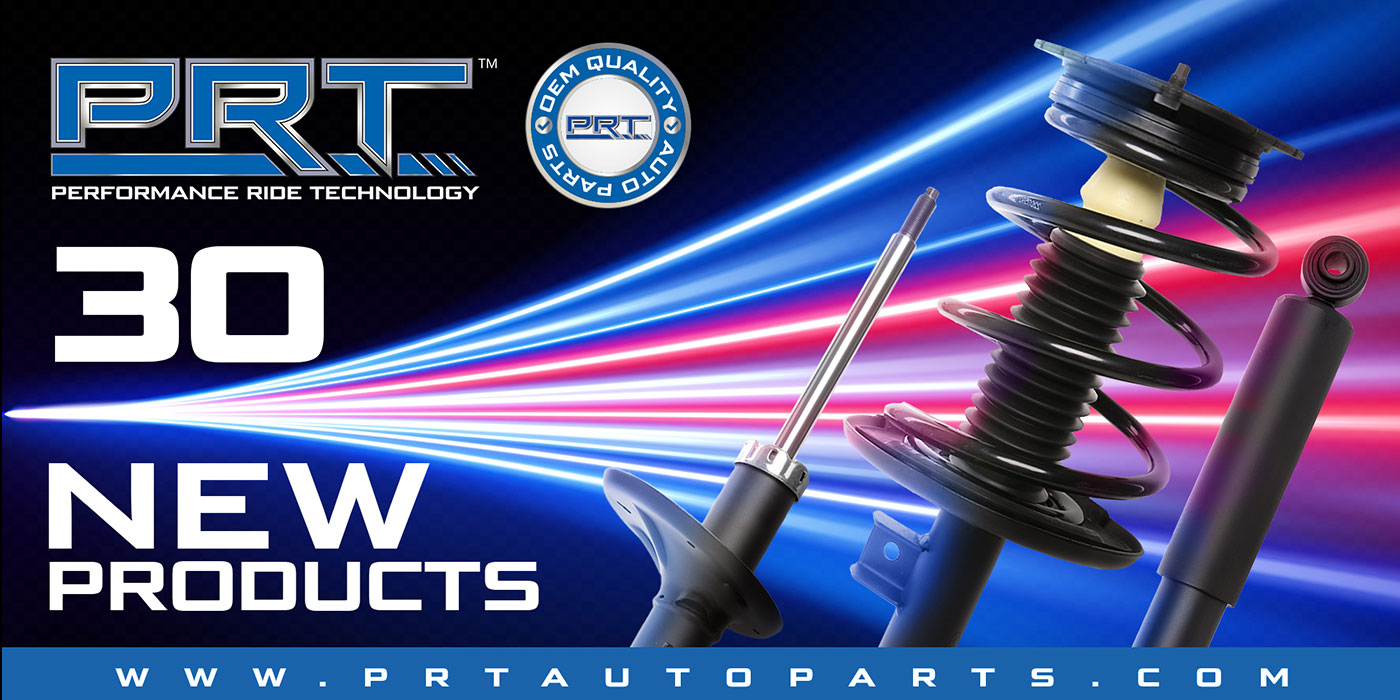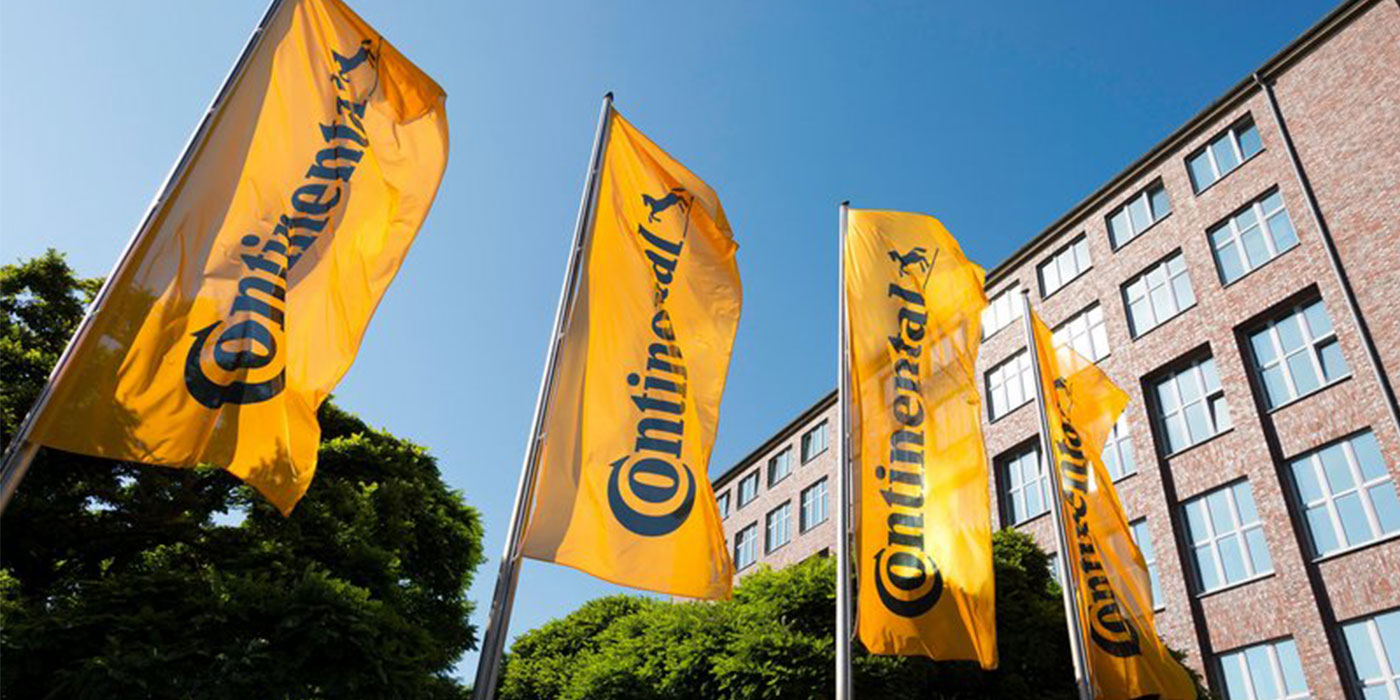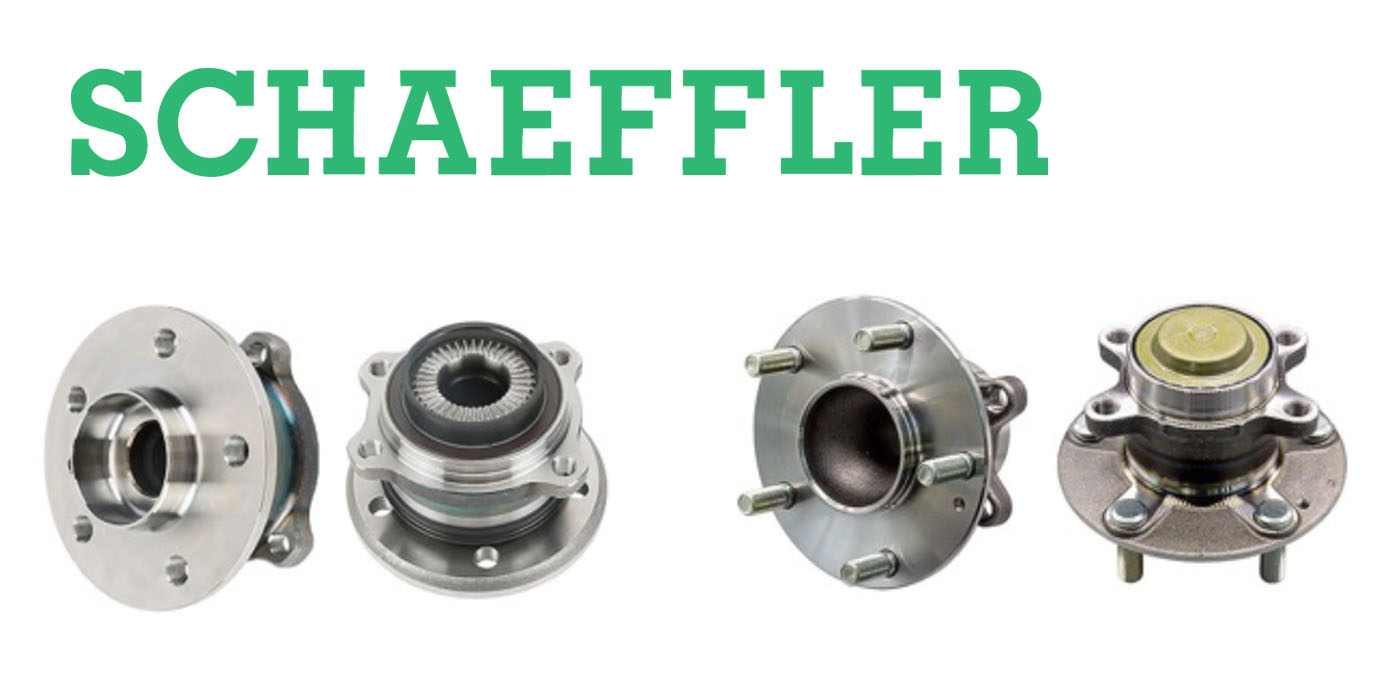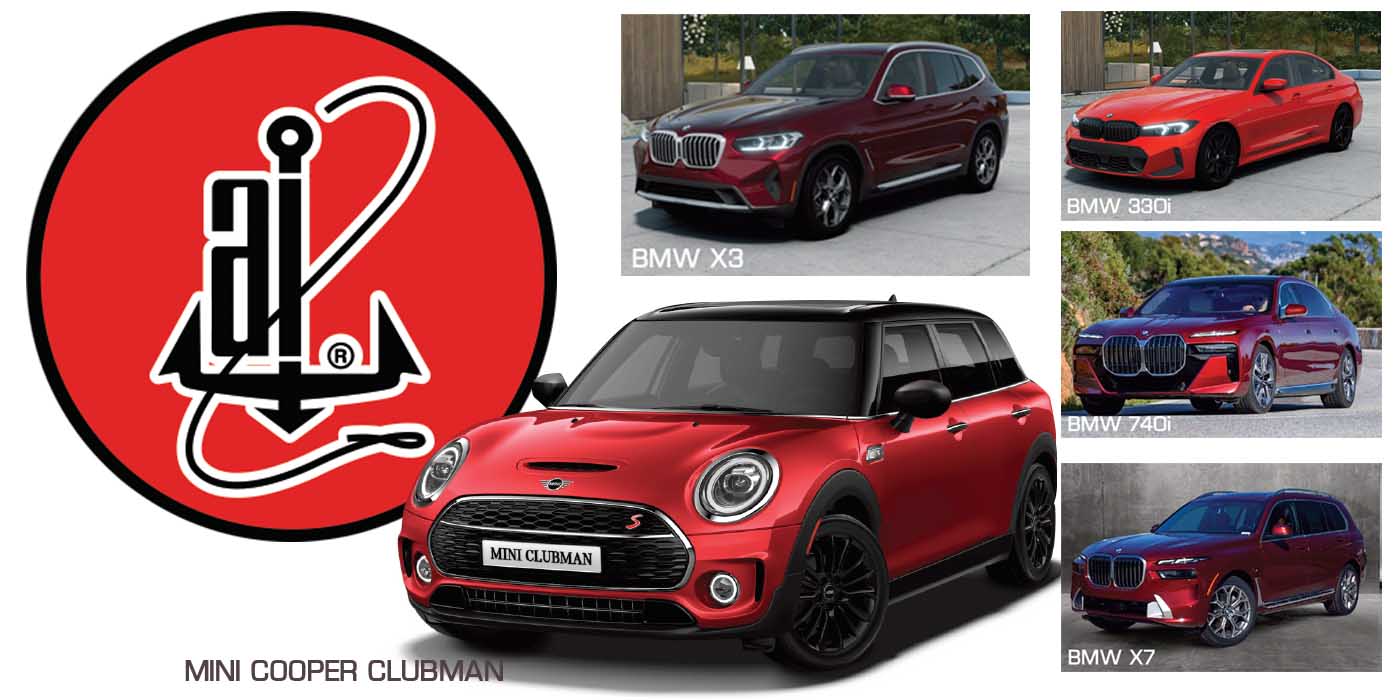WASHINGTON, D.C. – Carnegie Mellon University (CMU) has brought its autonomous vehicle to Washington, D.C., to enable Congress to experience the technology up close and personal.
Following a successful demonstration of the Carnegie Mellon vehicle in September, which transported Bill Shuster, chairman of the House Transportation and Infrastructure Committee, 33 miles to Pittsburgh International Airport, CMU will now provide up to 40 members of Congress the opportunity to ride the vehicle around Washington.
"In the near future, the driverless car will have far-reaching impact on American society, making travel safer, more efficient and more versatile," said Carnegie Mellon President Subra Suresh. "We are grateful to Rep. Bill Shuster for his enthusiastic support of this research and his leadership in Congress. His work on the Transportation and Infrastructure Committee, along with that of his colleagues who work to support federal research, will ensure that the traveling public can look forward to a future with far fewer accidents, as well as a robust U.S. transportation economy."
The Carnegie Mellon car looks like any other Cadillac SRX you can buy today, but, with sensors, cameras and computers built into the vehicle, it is the product of decades of research at CMU, from basic research funded by the National Science Foundation (NSF), to more applied research funded by the Defense Advanced Research Projects Agency (DARPA), the U.S. Department of Transportation’s University Transportation Centers program, General Motors and private foundations.
Scheduled over two days, the demonstration will show how autonomous technology will eventually be fully integrated into vehicles that are currently on the market. Carnegie Mellon says it is working with industry and government partners to develop these vehicles in a manner that ensures safety, practicality, affordability and ultimately, public adoption and acceptance.
"This technology represents the natural progression of automation and will have a major positive impact on society since transportation is a hub of modern economies," noted Raj Rajkumar, co-director of the General Motors-Carnegie Mellon Autonomous Driving Collaborative Research Lab <http://varma.ece.cmu.edu/GM-CMU-AD-CRL>. Rajkumar’s team, made up of CMU research faculty and doctoral students, serves as the brainpower behind the project.
Carnegie Mellon is the birthplace of autonomous driving technology. With support from federal programs, research and development began at the university in the mid-1980s. Three years ago, in partnership with the University of Pennsylvania, CMU also was awarded research funding by the U.S. Department of Transportation to create a National USDOT University Transportation Center on Safety.
The NSF also has provided early critical and long-term funding. That support continues today through NSF’s Cyber-Physical Systems Program, which seeks to transform fundamental research into working prototypes.
"This technology has been enabled by remarkable advances in the seamless blend of computation, networking and control into physical objects — a field known as cyber-physical systems," said Cora Marrett, deputy director of the NSF. "The NSF has long supported fundamental research that has built a strong foundation to enable cyber-physical systems to become a reality, like Dr. Raj Rajkumar’s autonomous vehicle."
Carnegie Mellon, one of the nation’s premier research universities, also has had a long-standing partnership with General Motors in advancing the safety, affordability and usability of autonomous vehicles. As these technologies are incorporated into new vehicle design, they are predicted to save tens of thousands of lives in the U.S. each year.
"GM has been working jointly with CMU for several years to develop technologies that could one day show up on future production vehicles," said John Capp, director of Electronics & Control Systems Research of GM. "Through joint research projects, we’re able to benefit from the capability they’ve demonstrated in their vehicle. They also benefit from practical insights from our GM researchers."
Carnegie Mellon’s research also has implications far beyond highway transportation. Public transit, parking, mobility for persons with disabilities, freight movement, roadway design, land use, financing and policy are just a few areas that will be impacted by its research in the years to come.
"When you think of Carnegie Mellon, you think of world-class engineering, computer science and practical problem solving. With Congress’s support for continued federal research and innovative public-private academic partnerships such as this, we can help make the daily commute safer and better," said James H. Garrett Jr., dean of Carnegie Mellon’s College of Engineering.
PHINIA Reports Q1 2024 Results
U.S. GAAP net sales were $863 million, an increase of 3.4% compared with Q1 2023, according to PHINIA.
PHINIA Inc. reported results for the first quarter ended March 31, 2024.
First Quarter Highlights:
U.S. GAAP net sales of $863 million, an increase of 3.4% compared with Q1 2023.
Excluding $17 million of contract manufacturing sales, sales were up slightly compared to Q1 2023. Favorable pricing and currency were partially offset by lower commercial vehicle sales in Europe.
Bendix Making Changes at Indiana Manufacturing Operation
Bendix said it is transforming its distribution center into a state-of-the-art facility and consolidating dampers manufacturing into a single, larger space.
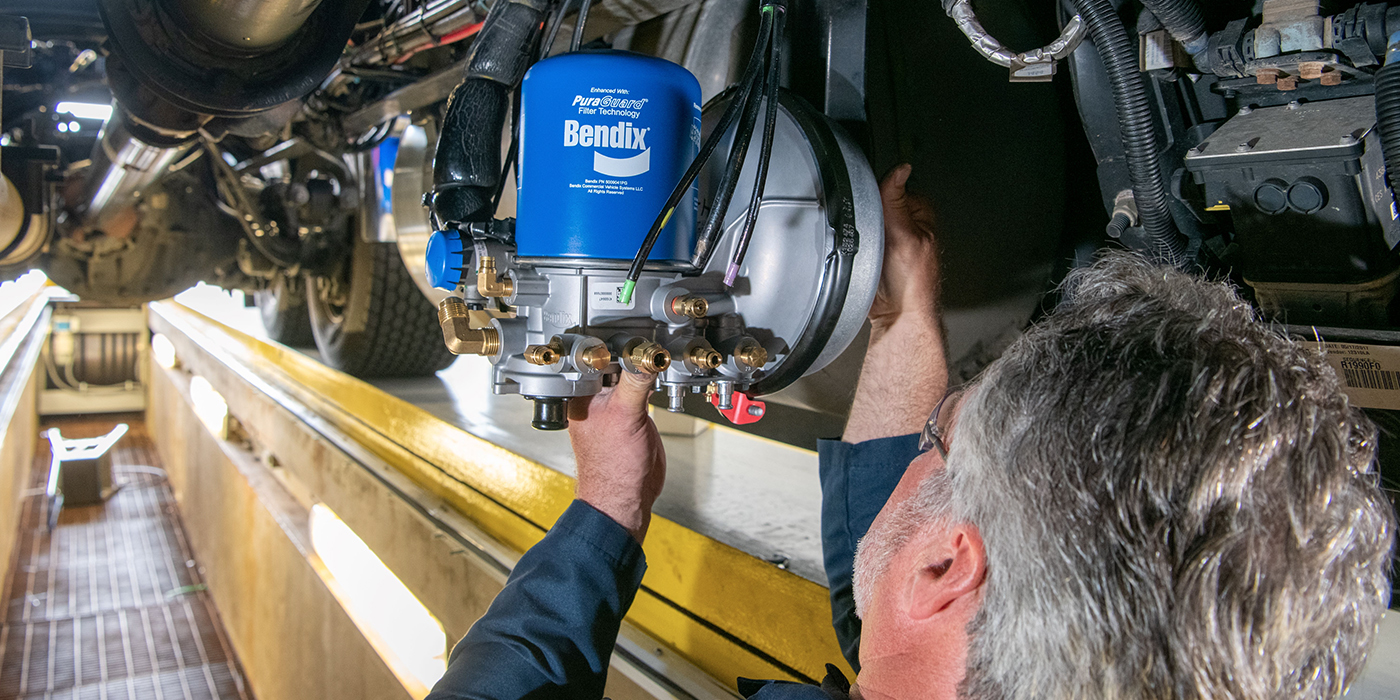
Doleco Announces Facility Expansion in Charlotte
The 33,000-square-foot facility is strategically positioned near major transportation hubs, providing optimal access to raw materials and speeding shipment of finished goods to all U.S. markets.
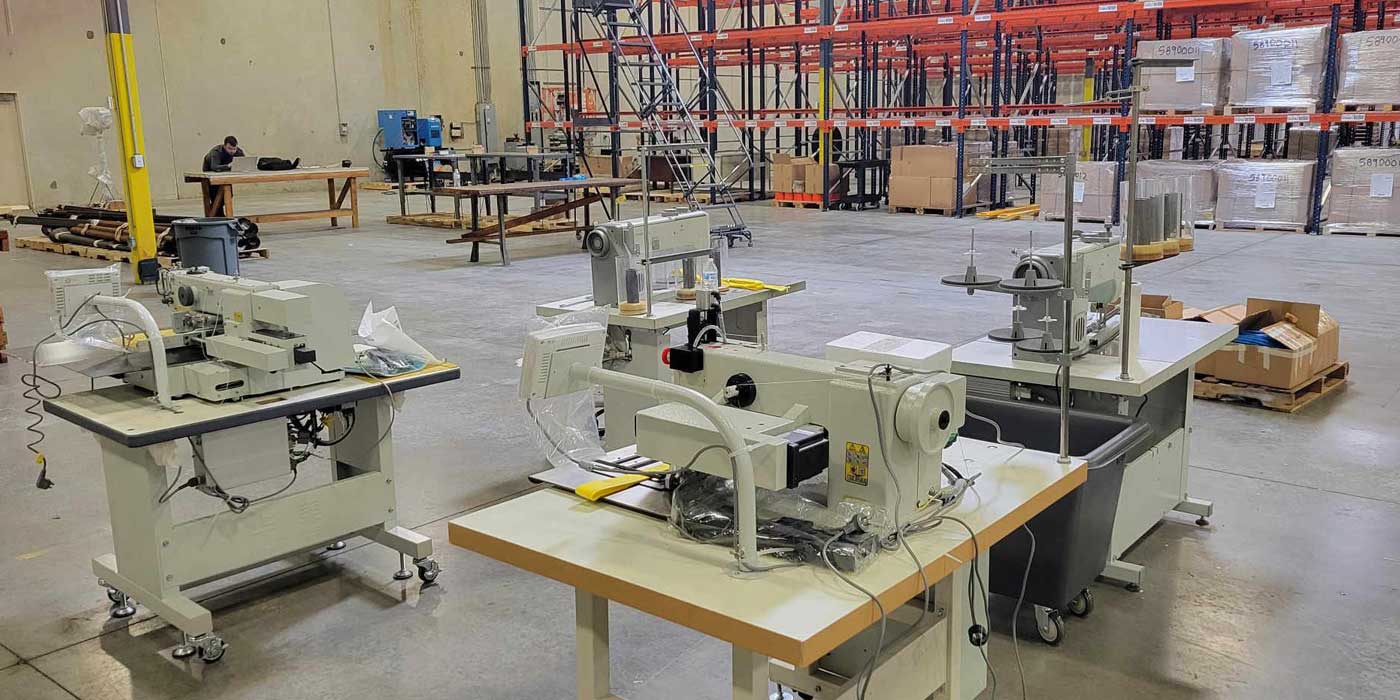
Standard Motor Products Introduces 268 New Numbers
The release provides new coverage in 75 product categories and 80 part numbers for 2023 and 2024 model-year vehicles, SMP said.
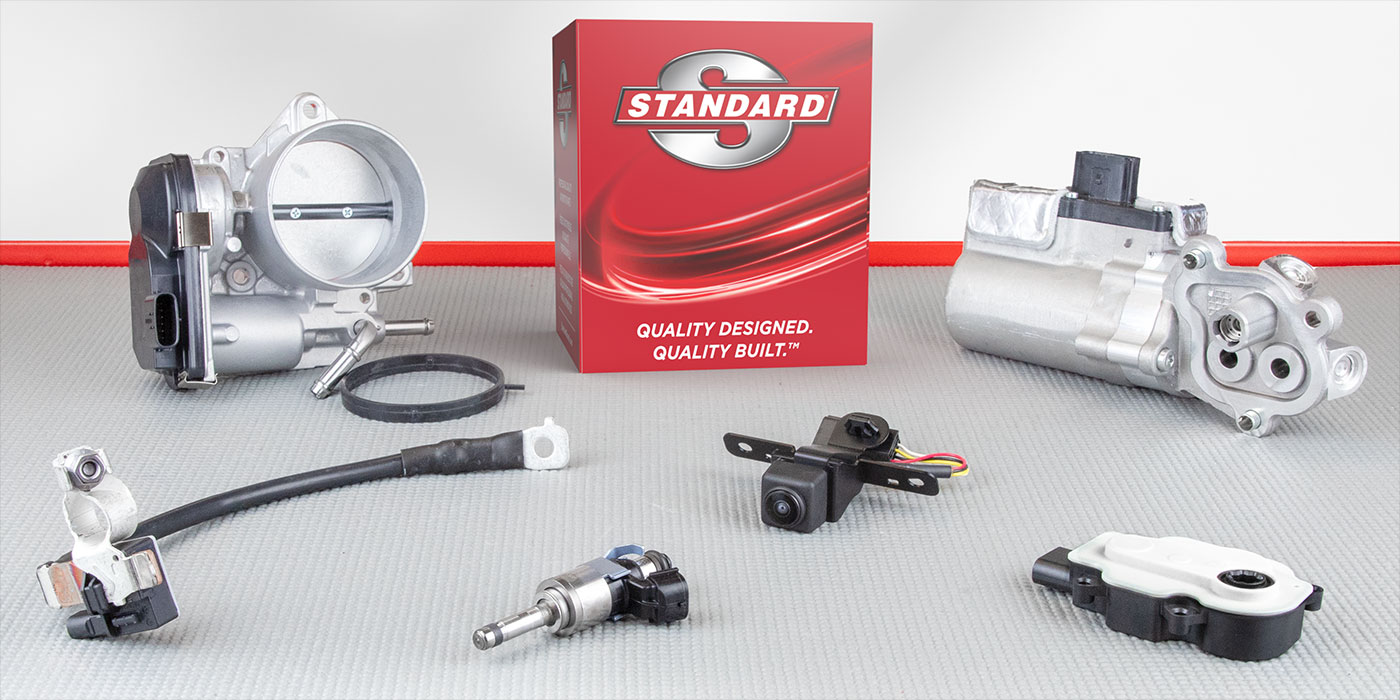
MAHLE Releases 2023 Sustainability Report
MAHLE noted it made significant progress in reducing its CO2 emissions, and increasing the use of renewable electricity.
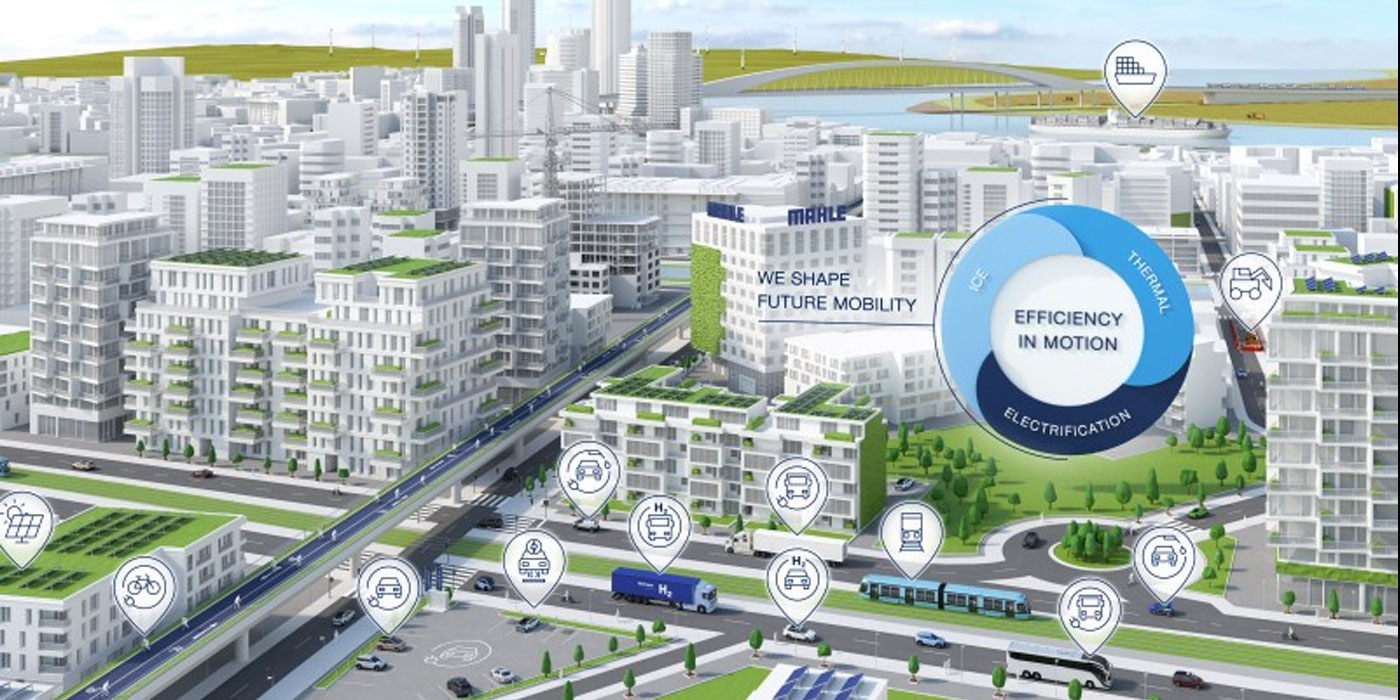
Other Posts
Transtar Industries Continues Rapid Product Line Expansion
The company is now offering OE recycled engines, in addition to its expansive line of OE recycled transmissions and transfer cases.
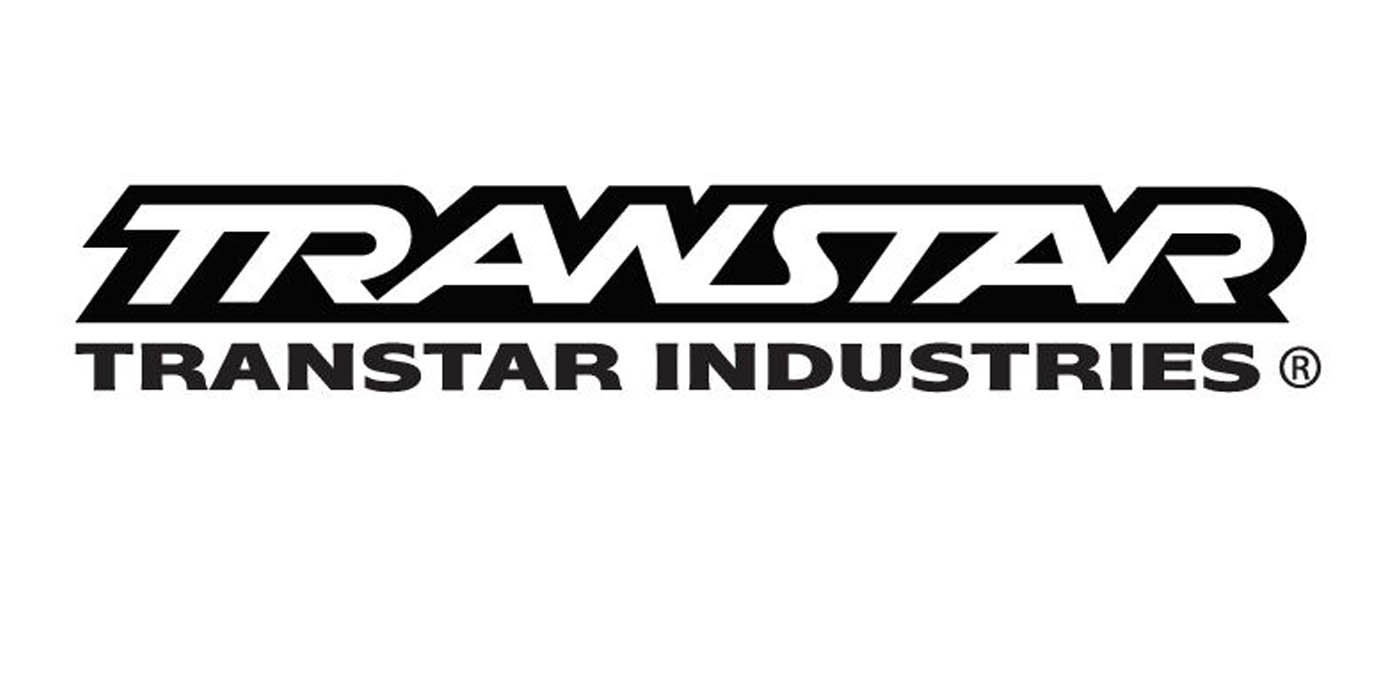
ZF Cleans Up Metro Park for Earth Day
ZF said the effort was in line with its dedication to sustainability, zero-waste and circularity.
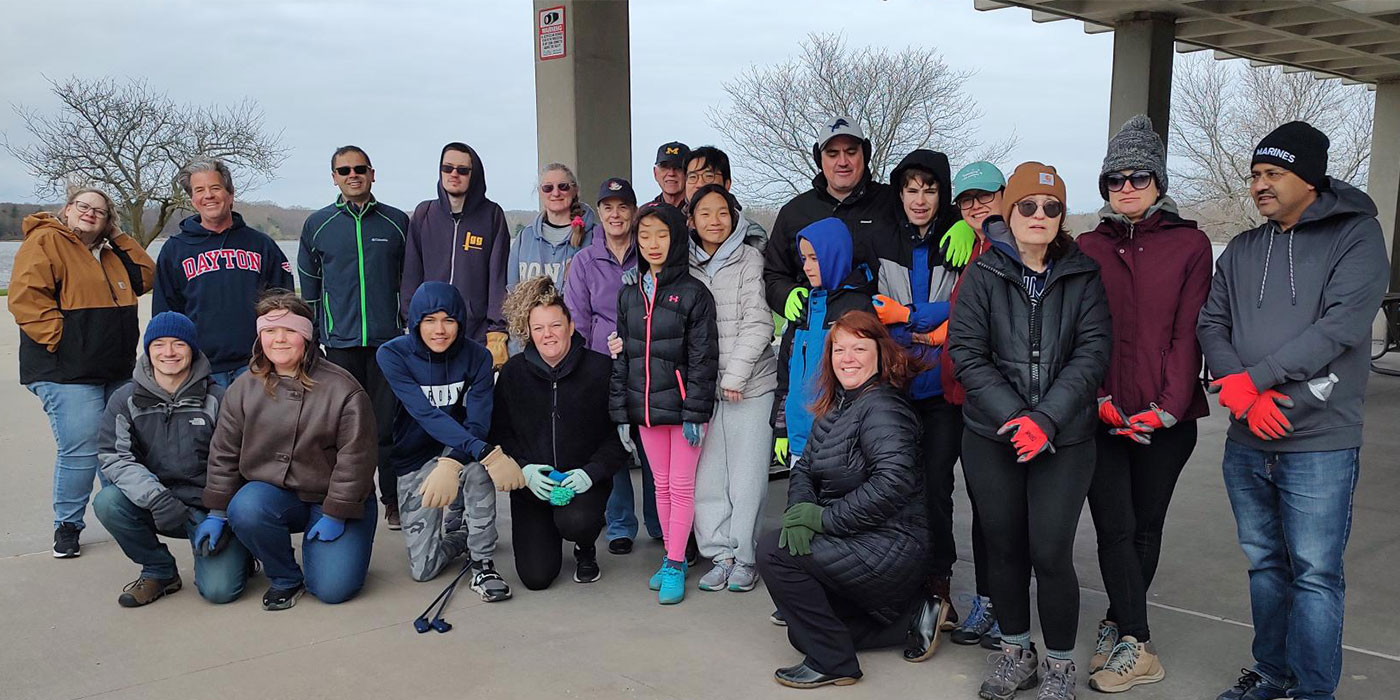
MEMA’s McCarthy, Wilson Provide Right to Repair Updates
MEMA Aftermarket Suppliers advocated for the proposed Class 7 Exemption, which it said is crucial for ensuring fair access to software-controlled vehicle operational and telematics data.

PRT Launches 30 New Complete Strut Assemblies
The new items represent more than 10 million vehicles in new coverage, PRT said.
